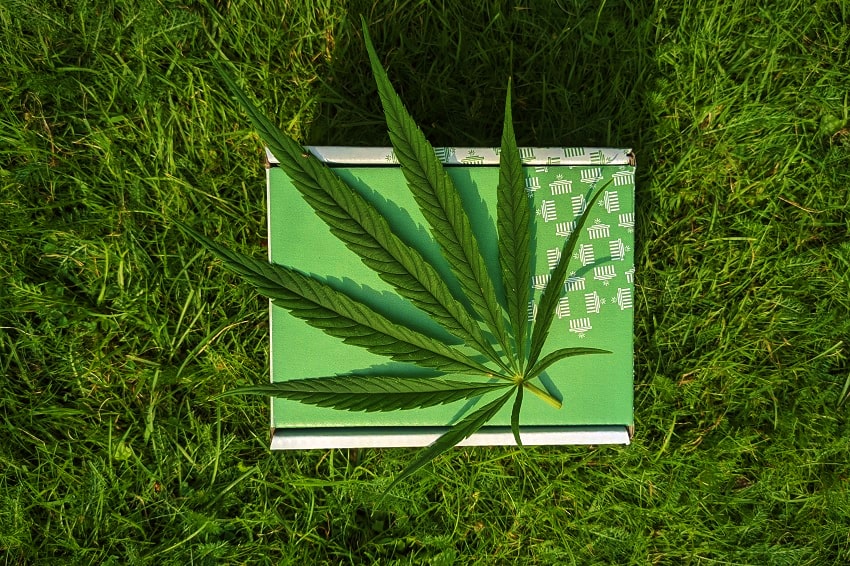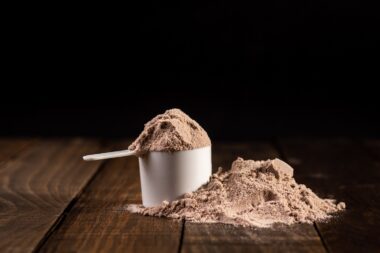Before I tell you what makes hemp one of the best sources of plant-based protein, if not the best, let’s have a quick overview of why is protein so important for human survival.
There is no denying that humans can’t survive without consuming all nine essential amino acids. Besides building bones and muscles, protein is needed for several other body actions, such as metabolic reactions and immune responses. Protein is a source of energy that assists in cellular repair, forming blood cells, etc.
From Where Do We Get Protein?
Unfortunately, our body does not produce all nine amino acids. For which we have food. Both animal and plant foods contain essential amino acids.
While most animal and dairy-based food such as meat, fish, eggs, milk, yogurt, and cheese are a complete protein and contain all nine essential amino acids, plant-based food like legumes, seeds, nuts, whole grains, etc., do not include all essential amino acids.
To get all nine essential amino acids from a plant-based diet, you must eat various plant foods. You can also take 50% of protein from plant food and the remaining from animal food.
What makes hemp the best source of plant-based protein?
Hemp, even being a plant-based protein source, contains all nine essential amino acids. One of the studies on hemp suggests it has the same amino acid profile as egg whites and soy.
A 30-gram serving of hemp seeds or hemp protein powder contains almost 120 calories and 15 grams of protein (varies from brand to brand), which might be less than that present in a single serving of soy or pea protein powders. However, hemp protein is less processed than soy protein, which makes hemp easily digestible.
As hemp protein is easily digestible, our body can use almost all amino acids in the hemp protein powder to perform functions such as repair and maintenance. Doctors believe that the presence of edestin and albumin makes hemp easily digestible.
What are the other benefits of consuming hemp?
Hemp is an excellent source of fiber. Adding hemp seeds to your diet may help you maintain your blood sugar and reduce bowel cancer risk.
Hemp also contains a fair amount of unsaturated fat. Unlike other plant-based protein sources, hemp seeds contain an ideal 3:1 ratio of omega-6 to omega-3 fatty acids. Unsaturated fat is beneficial for your heart’s health.
You may not know, but hemp is also a rich source of minerals such as phosphorus, calcium, iron, magnesium, zinc, and copper.
How should you decide your everyday hemp dosage?
Doctors suggest that an adult needs 0.8 grams of protein per kg of body weight. If we do the calculation right, 68kg of an average adult requires 55 grams of protein per day.
However, if you exercise every day, do strength training, or are an athlete, your protein intake will be higher. If you do any physical training, you need (1.5-2.1 grams) of protein per kg of your body weight every day.
Lately, CBD flower is also growing in popularity in the West, the raw or dried hemp flower buds of the Cannabis sativa plant contain less than 0.3% delta-9 tetrahydrocannabinol (THC).
Also read: What Happens When You Apply Oral CBD to Your Skin
Bottom Line
Hemp seeds provide various health benefits to people of every age. There aren’t any major side effects of taking hemp.
At most, it can lead to gastrointestinal problems in some people or may cause diarrhea. However, if you take hemp seeds or hemp protein and a healthy diet regularly, you are likely to benefit.
Image Credit: Unsplash
This article is published by our independent team of health and wellness pundits that publish original and informative content to empower readers to take charge of their health and embark on a physically, mentally, and emotionally balanced lifestyle.





































